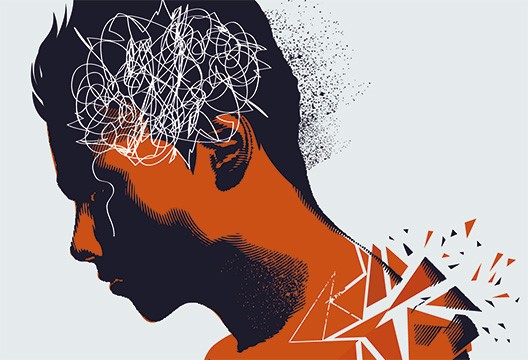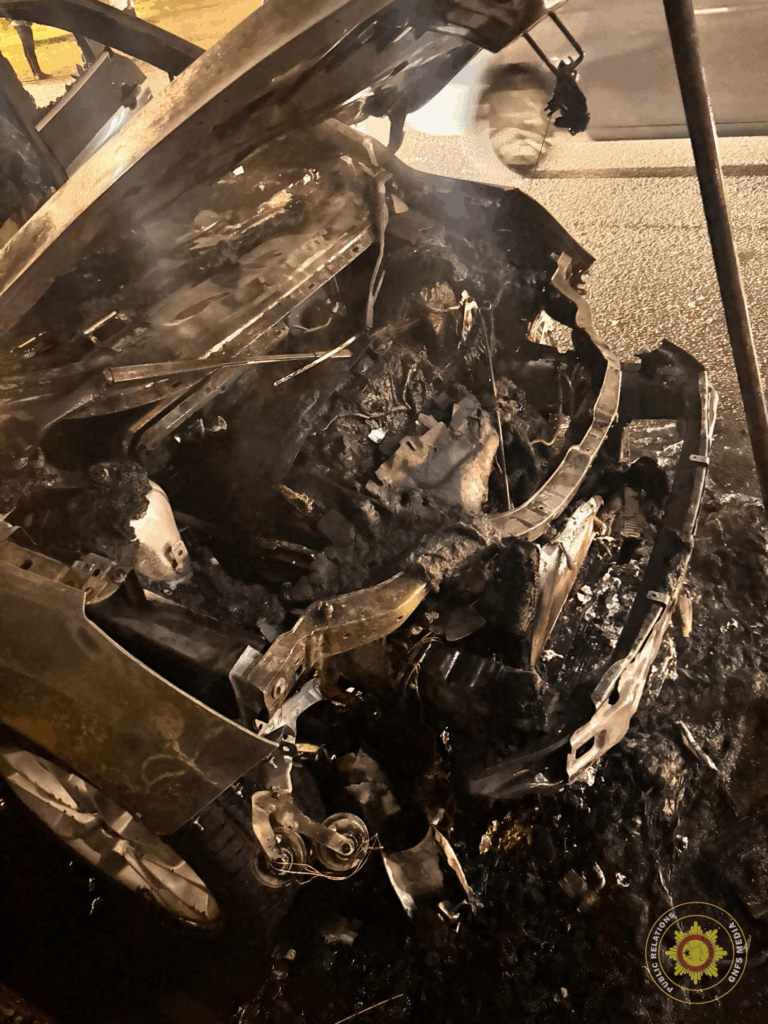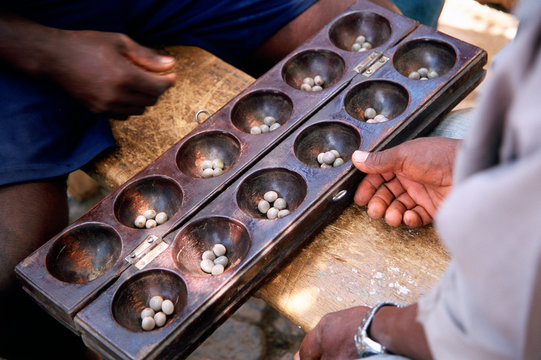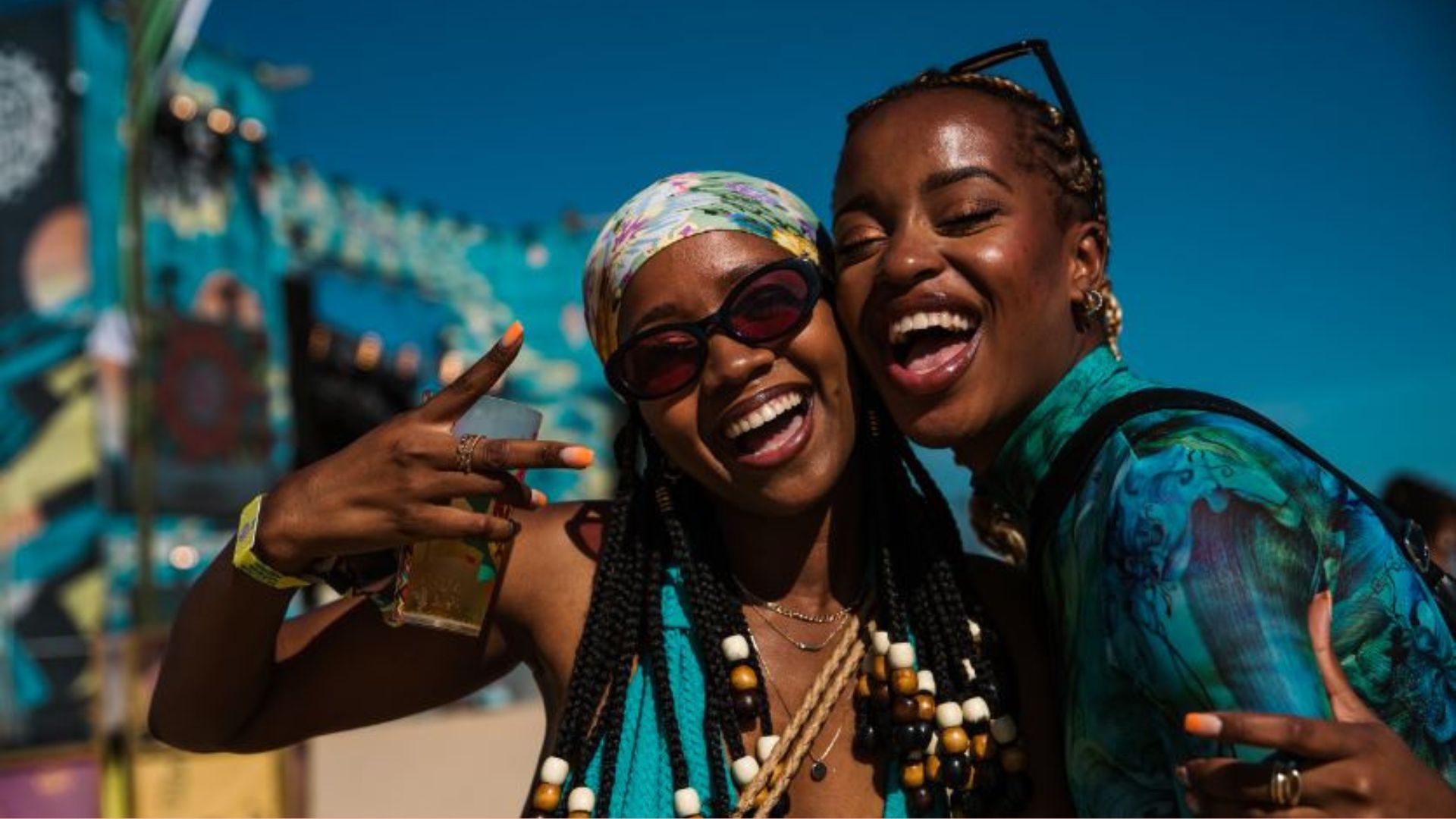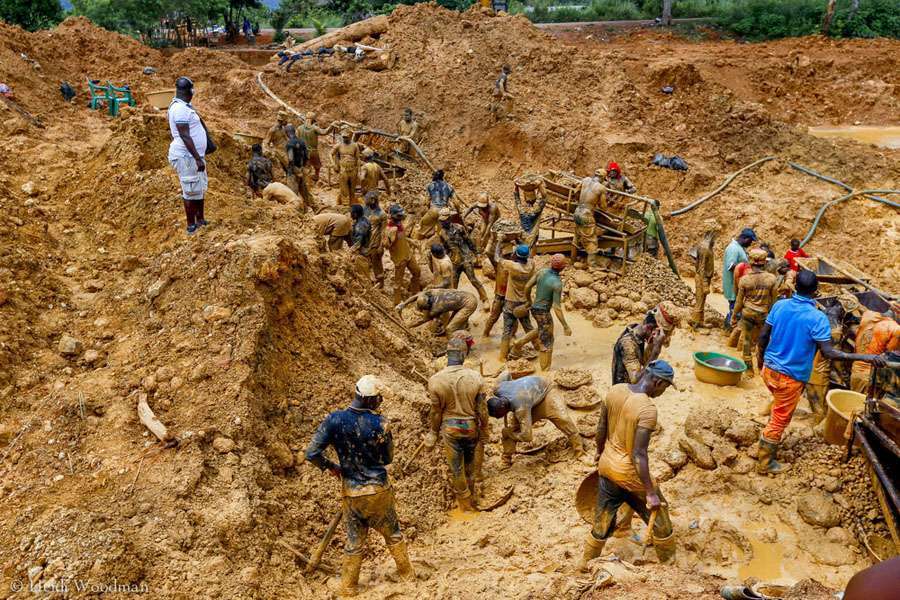Mental health is an increasingly urgent topic across the globe, but in Ghana, one group continues to suffer in silence: men. For many Ghanaian men, talking about emotions is still seen as a weakness, not a necessity. This cultural and psychological silence around men’s mental health is contributing to rising levels of depression, substance abuse, emotional isolation, and even suicide yet it remains largely unspoken in both public and private spheres.
Why are Ghanaian men so reluctant to talk about their feelings? What are the roots of this silence, and what can be done to break it? This article delves deep into the societal expectations, cultural stigmas, and structural gaps that shape men’s mental health in Ghana today.
1. Cultural Expectations: The Man Must Always Be Strong
From a young age, boys in Ghana are taught to “man up” to be strong, stoic, and emotionally tough.
• “Boys don’t cry” is not just a saying; it’s a deeply embedded rule of masculinity in Ghanaian households.
• Boys are expected to suppress fear, grief, and vulnerability, learning instead to equate emotions with weakness.
• Expressing sadness or asking for help is seen as unmanly, even shameful.
This rigid model of masculinity discourages emotional expression and reinforces the idea that men must bear their burdens silently.
2. Societal Pressure and Role Expectations
In Ghanaian society, men are often expected to be providers, protectors, and decision-makers. This pressure is not just economic, it is also emotional and psychological.
• Financial stress, unemployment, and the inability to “provide” are major triggers for mental distress among men, but many are unable or unwilling to admit their struggles.
• Men fear being judged, mocked, or labeled as failures if they open up about their challenges.
• For married men, the pressure is even greater. Speaking about emotional struggles may be perceived as failing their families.
As a result, most Ghanaian men wear a mask of strength while suffering silently beneath it.
3. Mental Health Stigma in Ghana
Mental illness in Ghana is still heavily stigmatized, and even basic mental health awareness is lacking in many communities.
• Conditions like depression or anxiety are often misunderstood or dismissed as laziness, spiritual attacks, or “just stress.”
• Many men fear that seeking therapy or talking about emotions will make them targets of gossip, discrimination, or even spiritual suspicion.
• In some communities, mental illness is only associated with extreme cases like psychosis or madness. So, if a man feels anxious or depressed, he’s unlikely to view it as a legitimate mental health concern.
This lack of understanding makes it even harder for men to admit they need help, much less seek it.
4. Limited Access to Mental Health Services
Even when men are willing to seek help, mental health services are often inaccessible.
• Ghana has only a handful of certified psychologists and psychiatrists, and most are concentrated in urban centers like Accra and Kumasi.
• Public mental health services are underfunded, under-resourced, and stretched thin.
• Private therapy is expensive, making it inaccessible for many working-class or unemployed men.
This structural problem adds another layer to the crisis: even if stigma is broken, help is not always available.
5. Peer Influence and Toxic Masculinity
Among peers, Ghanaian men often reinforce harmful narratives about masculinity.
• Conversations about women, work, and power dominate male social spaces, while emotional vulnerability is dismissed or ridiculed.
• Men who express emotional distress may be mocked or told to “man up.”
• Alcohol or substance abuse is sometimes used as a coping mechanism to deal with emotional pain, creating dangerous cycles of self-harm and addiction.
Peer pressure keeps men locked in emotional prisons where showing vulnerability is punishable by shame or ridicule.
6. Religious and Spiritual Interpretations
In Ghana’s highly religious society, mental health issues are often spiritualized.
• Many men are encouraged to “pray away” their emotional struggles or rely solely on their pastors or imams.
• While faith is an important support system, spiritual interpretations sometimes delay or replace professional help.
• Some faith leaders reinforce silence by discouraging emotional expression or equating mental illness with a lack of faith or demonic possession.
This spiritual framing may bring temporary comfort, but it often prevents men from accessing long-term, professional mental health care.
7. The Consequences of Silence
The consequences of this silence are dire:
• Rising suicide rates: Men are more likely to die by suicide than women, partly because they are less likely to seek help.
• Substance abuse: Many men turn to alcohol or drugs as a coping mechanism.
• Domestic violence and anger issues: Repressed emotions often erupt in harmful ways, affecting families and communities.
• Relationship breakdowns: Emotional unavailability is a common cause of strain in romantic and family relationships.
Ultimately, the silence does not protect men; it harms them and those around them.
8. Breaking the Silence: What Needs to Change
To improve men’s mental health in Ghana, both cultural and systemic changes are needed:
a. Normalize Emotional Conversations
• Encourage men to talk about their feelings without shame or fear of judgment.
• Promote emotional intelligence in schools, churches, and community programs.
b. Increase Access to Mental Health Services
• Train more psychologists and counselors, especially in rural areas.
• Make therapy more affordable and integrate mental health care into primary health systems.
c. Challenge Toxic Masculinity
• Use media, music, and public campaigns to redefine what it means to be a “real man.”
• Highlight male role models who are emotionally open and mentally healthy.
d. Support Groups and Peer Mentorship
• Establish male-focused support groups where men can share experiences in safe, non-judgmental environments.
e. Collaborate with Religious Institutions
• Train pastors and imams to recognize mental health issues and refer followers to professionals.
• Encourage faith-based support alongside medical intervention.
Conclusion: Real Strength Is Speaking Up
Ghanaian men deserve the freedom to feel, cry, heal, and speak without fear. The time has come to challenge outdated beliefs and create a culture where vulnerability is not a weakness but a courageous step toward wellness. If Ghana is to build stronger families, healthier communities, and a more resilient nation, it must start by listening to the silent suffering of its men.
If you or someone you know is struggling with mental health, speak to a trusted person, visit a hospital, or call a mental health support line. Help is available, and you are not alone.



